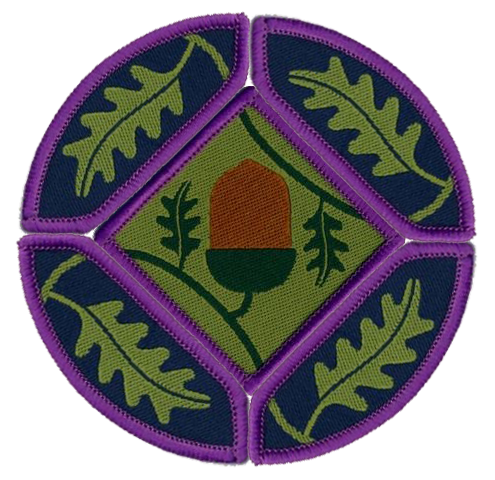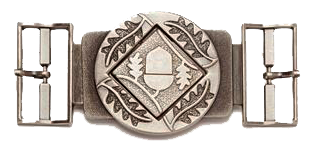
 Explorer Scout Young Leaders serve as dedicated volunteers alongside adult leaders in various sections such as Squirrel Drey, Beaver Colony, Cub Pack, or Scout Troop. They contribute significantly to the leadership team, actively participating in their respective sections, offering fresh ideas, and serving as positive role models for their fellow young participants.
Explorer Scout Young Leaders serve as dedicated volunteers alongside adult leaders in various sections such as Squirrel Drey, Beaver Colony, Cub Pack, or Scout Troop. They contribute significantly to the leadership team, actively participating in their respective sections, offering fresh ideas, and serving as positive role models for their fellow young participants.
All Young Leaders between the ages of 13.5 and 18, serving in the Squirrel, Beaver, Cub, and Scout sections, are required to be members of a Young Leaders Unit.
The Explorer Scout Young Leaders' Scheme serves as the comprehensive training program for these young leaders, comprising 11 modules and four missions. These components equip Young Leaders with the necessary skills and knowledge to excel in their roles, and missions provide opportunities to apply their learning with support.
Beyond the acquisition of valuable life skills, the scheme presents an avenue for Explorers to make a positive impact in their communities, fulfilling service requirements for top awards in Scouting or their Duke of Edinburgh's Award. Recognitions are provided at different stages, and upon completion of the Scheme, Young Leaders receive an Explorer Scout Young Leader belt buckle.
While the scheme is typically undertaken by Explorer Scouts seeking a new challenge, young individuals from outside Scouting can also participate, particularly if they are working towards their Duke of Edinburgh's Award or Queen’s Guide Award. Non-members can volunteer for a specified period, aligning with the requirements of their respective awards. For instance, individuals working on their Bronze Duke of Edinburgh's Award can volunteer as non-members for three to six months, meeting the time criteria for the Bronze DofE volunteering section.
ESYLs undertake 11 modules as part of their training. The modules are designed to be flexible and encourage innovation, so be as creative as you can! As long as the aim and objectives are met, they can be delivered in any way by anybody with the appropriate training or experience.
Module A - Prepare for take-off (essentials and expectations)
Note: Young Leaders aren’t expected to complete ‘Module A: Prepare for Take-Off’ until face-to-face meetings are resumed. All other modules could be delivered online.
Module B - Taking the lead
Module C - That's the way to do it!
Module D - Understanding behaviour
Module E - Game on!
Module F - Making Scouting accessible and inclusive
Module G - What is a high quality programme?
Module H - Programme planning
Module I - What did they say?
Module J - Communicate it!
Module K - First aid masterclass
The four missions are designed to allow the Young Leaders to put the learning from the modules into practice. By doing so, they will gain in confidence and become an integral part of the leadership team within their Section and Group.
Mission 1 - Game
Mission 2 - Activity
Mission 3 - Programme planning
Mission 4 - Delivery
Each module takes between one and two hours to deliver, and are ran by the district, the exception is Module K which takes six hours to complete.
Young Leader Resources Downloads
Sunderland Young Leaders Logbook
Young People First, Guidance for Young Leaders (orange card)
Preparing to Lead, Training Guide to delivering the Young Leaders Scheme
District Young Leaders Training Module Dates |
|||||
| Module A | |||||
| Module G | |||||
| Module D | |||||
| Module A | |||||
| Module E | |||||
| Module F | |||||
| Module G & H | |||||
| Module I & J | |||||
Need help with Young Leader Training ? then Contact explorers@sunderlandscouts.org.uk.
Upon successfully completing the entire Young Leader scheme, which entails finishing all training modules and missions, individuals are awarded with the Young Leader belt buckle and an adult badge. The adult badge can
be proudly displayed on the uniform, serving as a tangible recognition of one's active participation and accomplishment in the Young Leaders' Scheme.
